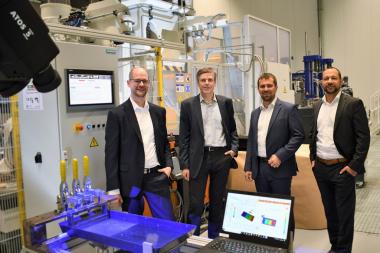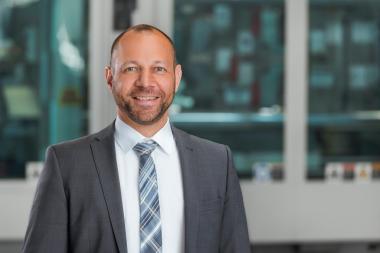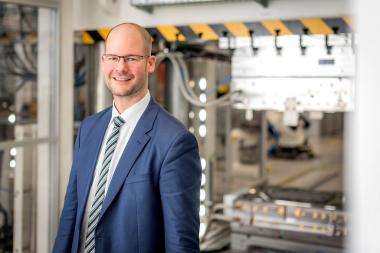SABIC presents portfolio for healthcare and hygiene market at INDEX™23
SABIC will present its portfolio of PURECARES™ and TRUCIRCLE™ materials for the healthcare and hygiene market at INDEX™23 from April 18 to 21 in Geneva, Switzerland, under the theme of ‘Collaborating for sustainability and innovative solutions’.
At INDEX, SABIC will highlight a joint project with two market leaders, using certified circular polymers from the TRUCIRCLE portfolio in recyclable films for feminine hygiene, baby care and disposable medical applications. In all of these cases from diapers to surgical drapes and medical gowns, the sustainable materials can serve as direct drop-in alternatives with no compromise in production efficiency and product performance.
Further examples on display at the company’s booth will feature TRUCIRCLE solutions for facemasks, including an N95 design that localizes the value chain with SABIC® PURECARES PP spunbond and meltblown polymers in Saudi Arabia. SABIC provides complete solutions for facemask production as part of its localization strategy and has been a key enabler of the Saudi Made initiative. Also shown will be a closed-loop facemask developed in collaboration with industrial and research partners in Europe.
The company’s PURECARES polyolefin products are based on technologies free of both tris (nonylphenyl) phosphite (TNPP) and phthalates. Consumer comfort is achieved by using SABIC polypropylene (PP) and polyethylene (PE) polymers for bi-component fibers to answer multiple needs for soft and loft handfeel nonwovens, enabling easy lamination to other building blocks on medical nonwovens or absorbent hygiene applications.
In addition, SABIC produces TRUCIRCLE certified circular polymers for its PURECARES PP and PE portfolio with feedstock based on advanced recycling of mixed and used plastic that would otherwise typically not be suitable for mechanical recycling processes. These more sustainable solutions can be adopted in downstream processes as direct drop-in alternatives to incumbent materials with no compromise in production efficiency, purity and product performance.
SABIC
















